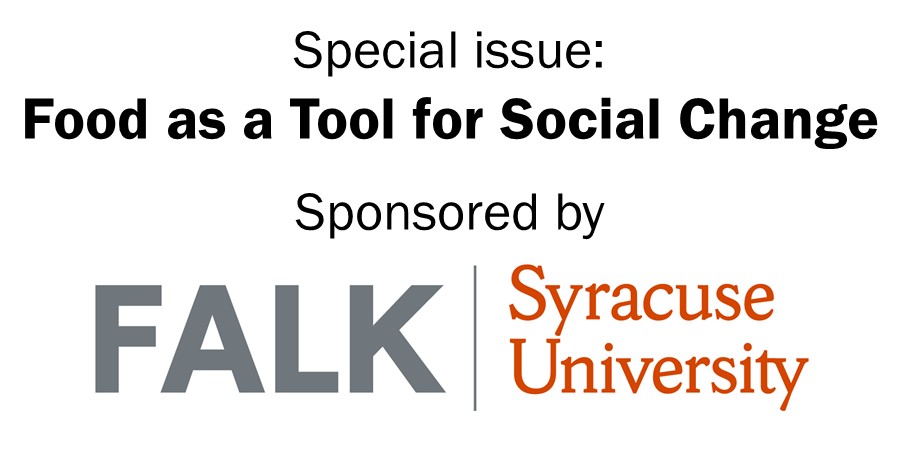An academic for the people: A tribute to Evan Weissman
DOI:
https://doi.org/10.5304/jafscd.2021.104.018
Keywords:
Tribute, Academic, Food SystemsAbstract
First paragraphs:
Academics have a habit of viewing communities, especially those facing extreme need, as willing subjects to be researched. Places to continually insert field trips and big questions so that students can get degrees and professors can write papers and get tenure. In a city like Syracuse, where we have multiple universities and nationally high levels of negative indicators of well-being, academics pose a quiet and grave threat to the morale of citizens. Being studied, semester after semester, without meaningful change or benefit from those efforts, only feeds civic hopelessness and encourages students to view communities as “other than” themselves, instead of something they are part of.
Evan Weissman was the antithesis of that sort of academic. Maybe not always, but he admitted when he saw his intentions were misplaced. As a researcher, Evan was willing to put himself in authentic relationships with the community. He listened, and was willing to be chided, because he knew there was truth that he hadn’t heard yet. To sit at the table with elder gardeners, with farmers and businesspeople, and with people who were superficially completely different than one, requires one to be more than an academic. It requires nerve, patience, a tender heart, and the humility to listen to the wisdom of others more than academic theory. Listening and placing himself and students in reciprocal relationships within the community were part of what made Evan’s work so profound. . . .
Metrics

Downloads
Published
How to Cite
Issue
Section
Categories
License
Copyright (c) 2021 Jessi Lyons

This work is licensed under a Creative Commons Attribution 4.0 International License.
The copyright to all content published in JAFSCD belongs to the author(s). It is licensed as CC BY 4.0. This license determines how you may reprint, copy, distribute, or otherwise share JAFSCD content.












